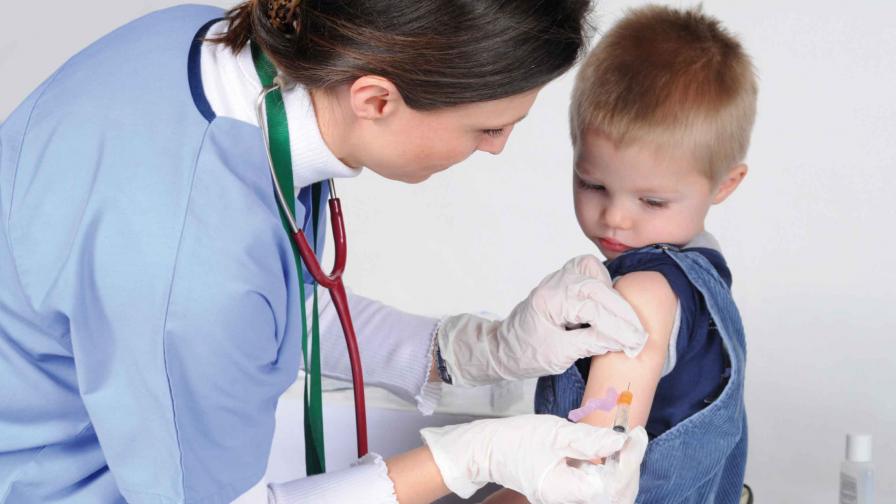Over the last 50 years, Action Medical Research has invested more than £1.7 million in a range of meningitis research projects – exploring infection in pregnant women and their babies, children’s immune response, vaccine development, diagnosis and the long-term impact of meningitis on children. Most recently we have funded research to identify new and emerging strains of bacteria that are now causing meningitis and are not yet covered by vaccines.

The charity has funded leading figures in the fight against meningitis. This includes the Action Medical Research Chair in Paediatrics at the University of Oxford, held by Professor Richard Moxon for 25 years from 1984. His team helped establish the Hib vaccine to prevent meningitis caused by Haemophilus influenzae type b (Hib), the most common cause of bacterial meningitis at the time.
In England and Wales, Hib infection previously resulted in around 800 cases each year, sadly causing 30 deaths and leaving 80 children with brain damage or deafness. Thanks to the introduction of the Hib vaccine in 1992, incidence in children under five fell by 98 per cent.
We’ve also supported Professor Sir Andrew Pollard, Director of the Oxford Vaccine Group since 2001, both as an Action Research Training Fellow back in 1995 and in later research to develop vaccines. Along with Professor Moxon, he played a significant role in work that led to the Bexsero vaccine against meningitis B, a routine immunisation for babies in the UK since 2015. This vaccination programme has reduced cases of meningitis and septicaemia in young children by almost two-thirds.
In more recent research funded by Action, Dr Godwin Oligbu and his team at Public Health England have collected and analysed data and biological samples from children to identify new strains of bacteria that are now causing pneumococcal meningitis. This has a higher risk of death and long-term brain damage than most other causes of bacterial meningitis.
In the UK and Ireland, vaccines protect against the most common strains of pneumococcus bacteria. But little was known about the risk, severity and outcomes of meningitis caused by new and emerging strains.
This work will inform vaccine policy makers of the predominant types of bacteria now causing meningitis and fatalities. It will also provide guidance for paediatricians to better manage the condition”

